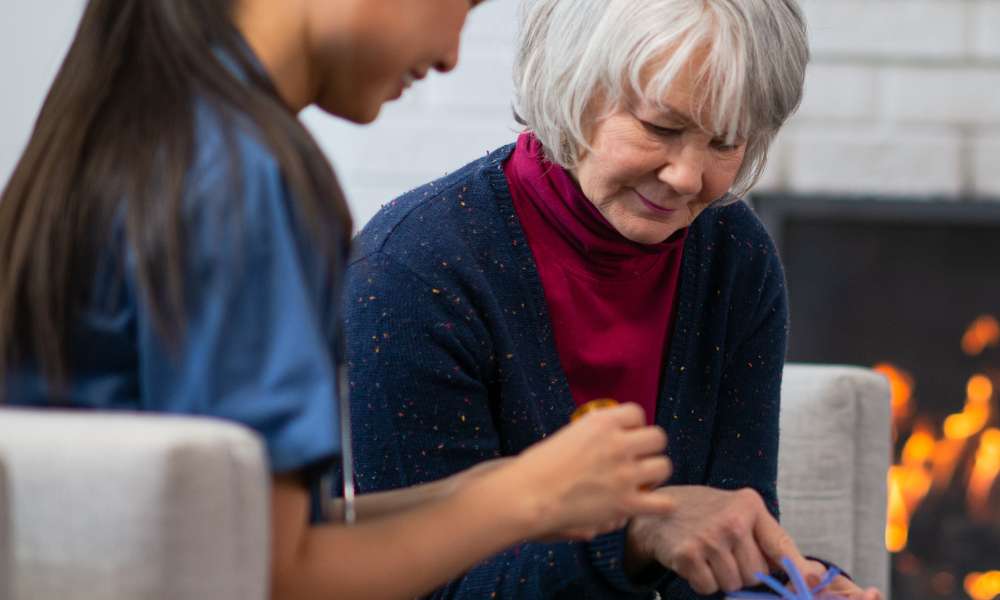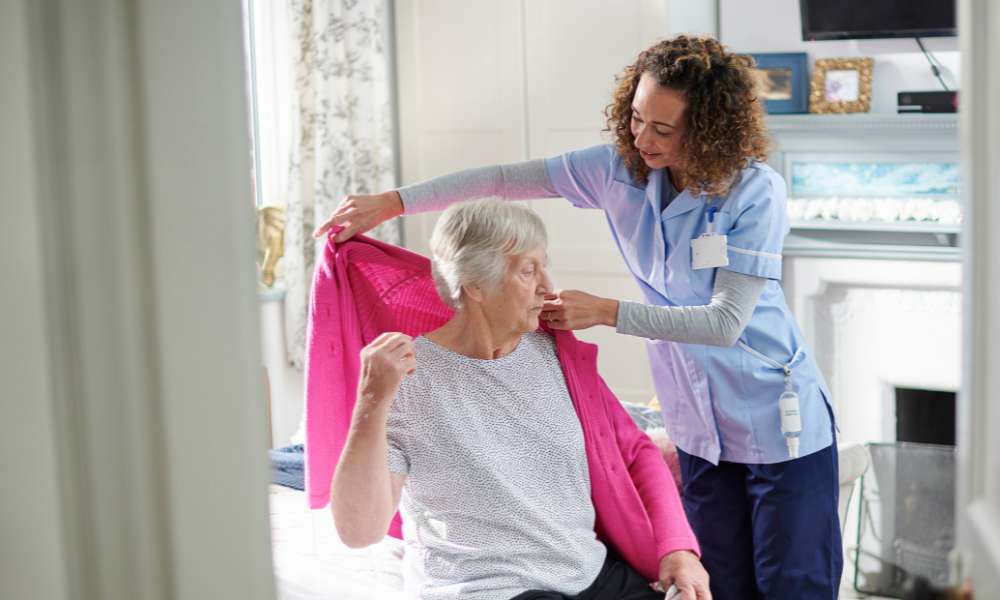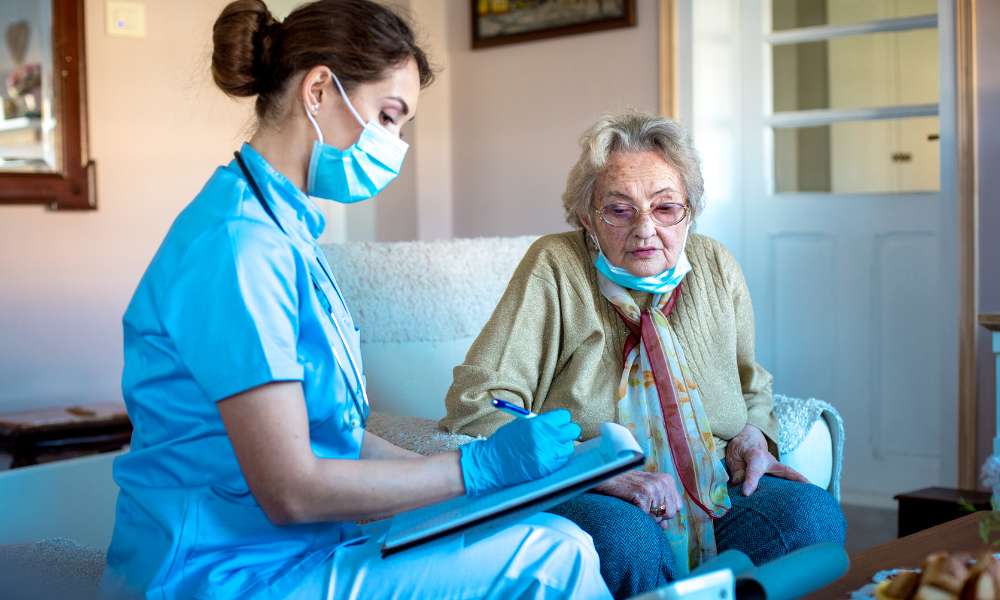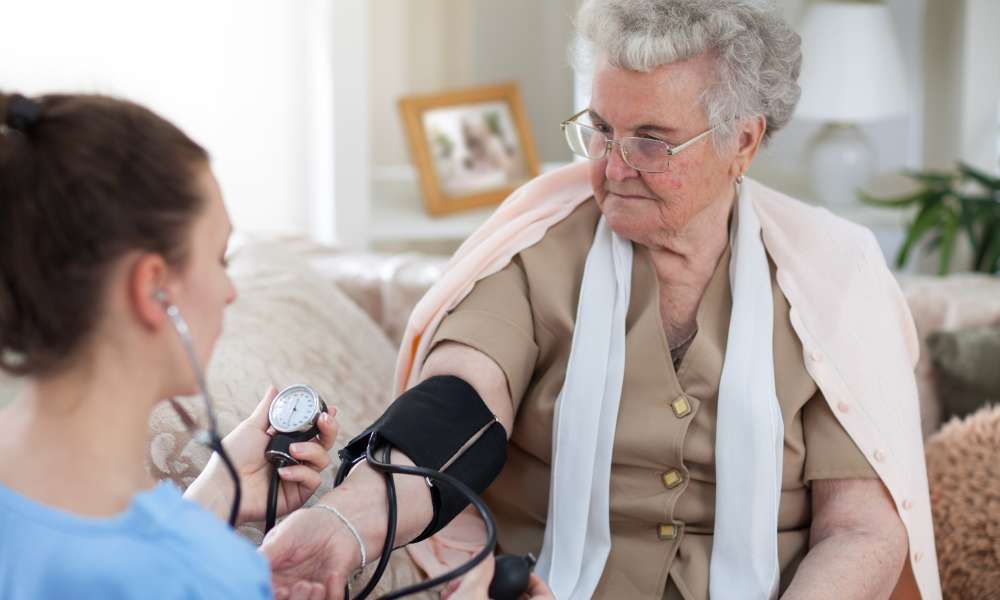
When families face the decision of arranging care for an aging loved one, understanding the different types of home care services is crucial. I & Y Seniorcare offers a range of options that cater to various needs, including the services of home health aides and home attendants. Though these roles may sound similar, they are distinct in their duties and the type of care they provide. This article will explore the key differences between a home health aide and a home attendant, helping you make an informed choice for your family member’s needs.
Understanding Home Health Aides
Home health aides are professional caregivers who provide hands-on health care and personal assistance to individuals with disabilities, chronic illnesses, or cognitive impairments. Typically, they work under the supervision of a registered nurse or a medical professional. Their primary role is to help patients with their basic personal needs, such as bathing, dressing, and grooming.
However, their responsibilities extend beyond personal care. Home health aides are trained to perform certain health-related tasks including checking vital signs like temperature and pulse, assisting with prescribed exercises, and managing medication schedules. They may also be trained to handle more complex medical equipment or care procedures, depending on the patient’s needs.
Understanding Home Attendants
Home attendants, also known as personal care aides, focus primarily on assisting with daily living activities. Their main goal is to ensure the comfort of their clients, often without the medical components that home health aides are trained for. Tasks performed by home attendants might include housekeeping, preparing meals, running errands, and providing companionship.
The support provided by home attendants is crucial for clients who struggle with the everyday tasks of living but do not require direct medical care. They help maintain a client’s quality of life in their own home, focusing on comfort and practical assistance.
Key Differences in Training and Certification
The training requirements for home health aides and home attendants vary significantly, reflecting their differing roles. Home health aides usually undergo more rigorous training due to the medical aspects of their job. This training is often certified through programs that meet specific state guidelines and they must pass competency exams to demonstrate their skills in handling medical tasks.
In contrast, home attendants might not require formal healthcare training, although they often receive instruction on job-specific tasks such as mobility assistance and personal care. Their training focuses on safety in the home environment, communication skills, and basic caregiving techniques.
Differences in Scope of Care
Another significant difference between these two roles is the scope of care they are authorized to provide. Home health aides can perform certain medical tasks that home attendants cannot. For example, home health aides might manage wound care, respiratory care, or direct medication administering under the supervision of healthcare professionals.
Conversely, home attendants provide non-medical support, making them ideal for clients who need help with daily activities but do not require medical care. Their role is to assist with the quality of life rather than health care.
Choosing the Right Care for Your Loved One
Deciding whether a home health aide or a home attendant is best for your loved one depends largely on the individual’s needs. If your family member requires medical oversight due to a chronic illness or recovery from surgery, a home health aide provided by I & Y Seniorcare might be the best option. However, if daily living assistance and companionship are what’s needed, a home attendant could be the perfect solution.
Conclusion
Both home health aides and home attendants play vital roles in-home care, providing essential services that allow individuals to stay in the comfort of their homes despite various challenges. At I & Y Seniorcare, we understand that each client has unique needs, and we are dedicated to providing tailored services that meet these needs effectively. Whether it’s choosing a home health aide or a home attendant, our goal is to ensure the highest quality of life for your loved ones. Remember, making the right choice will depend on understanding the distinct differences between these two types of care providers.

















